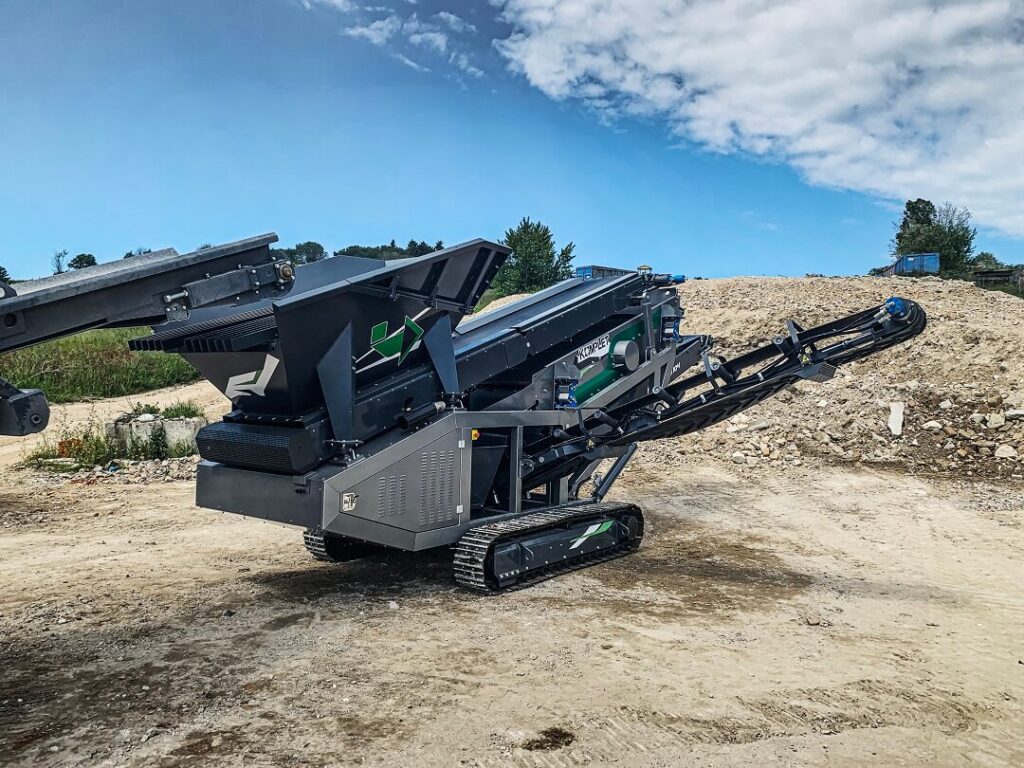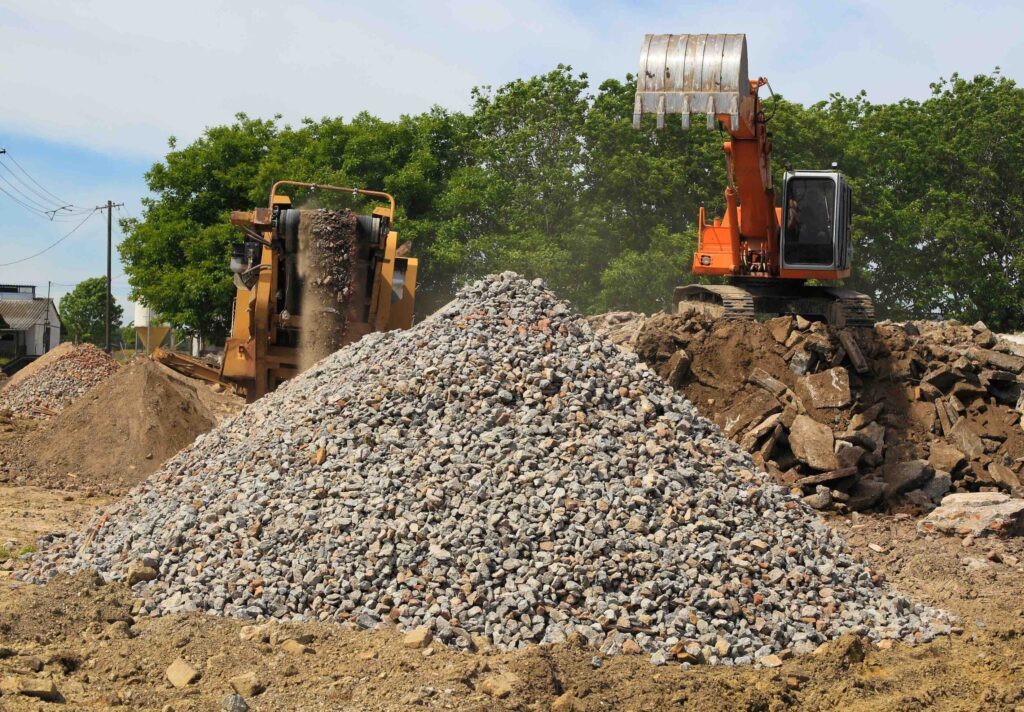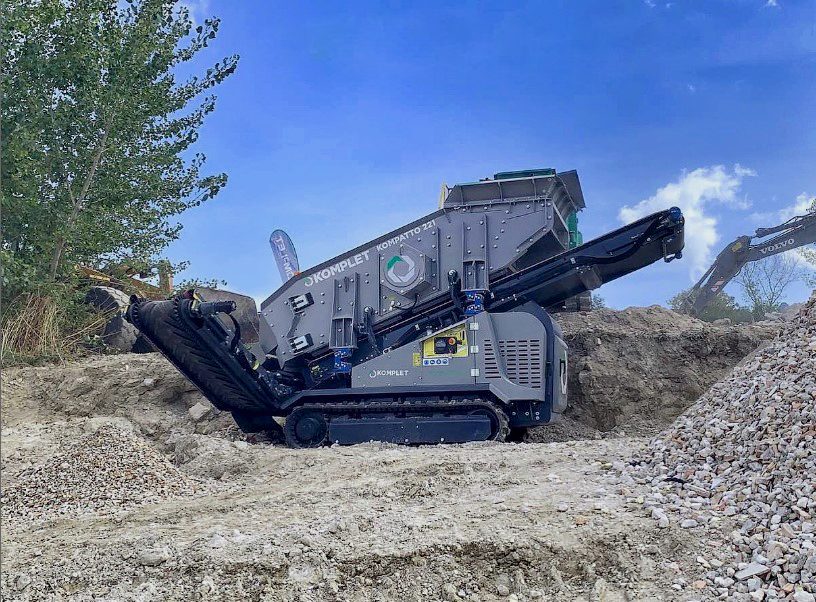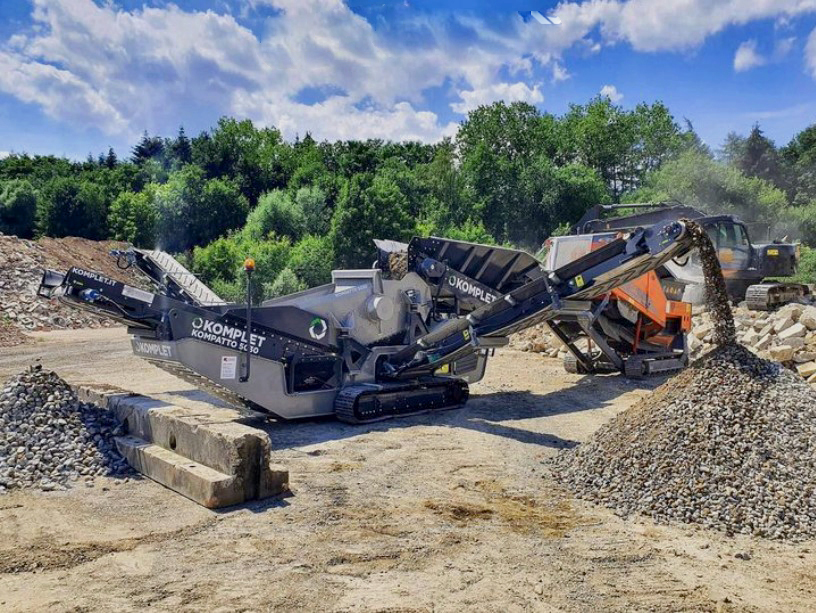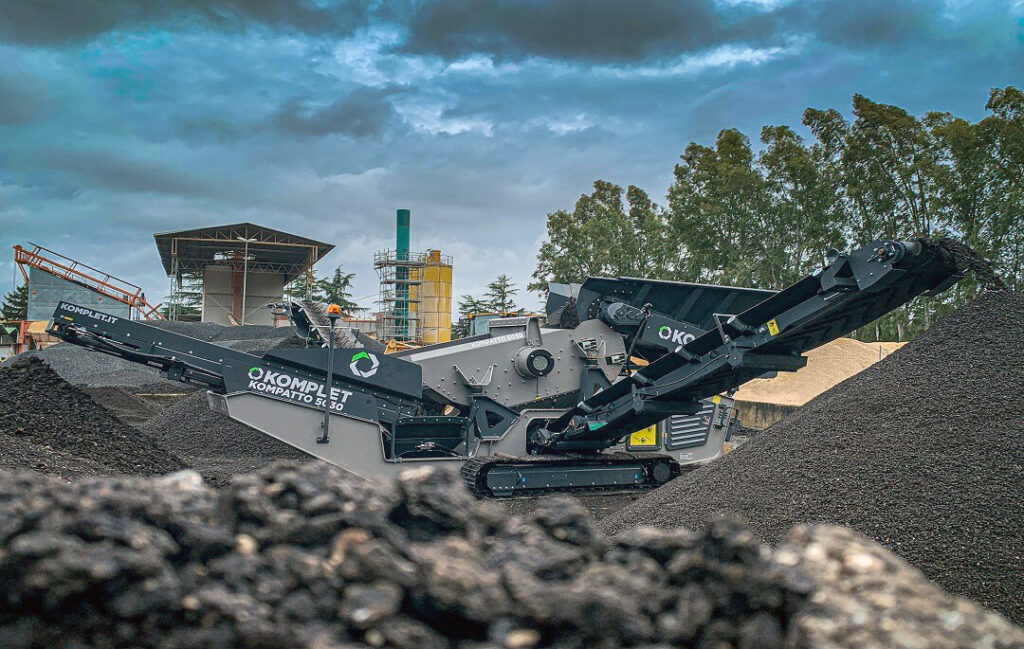Explore the cost-effectiveness of conveyors versus traditional material handling methods. Learn which option best suits your business needs for efficiency and savings. Introduction In today’s fast-paced industrial and warehousing sectors, finding cost-effective solutions for material handling is a top priority. Two primary options exist for transporting goods and materials within facilities: conveyor systems and traditional material handling methods, such as forklifts, pallet jacks, and manual labor. While each approach has advantages, the decision often comes down to cost-effectiveness and efficiency. Let’s explore how conveyors compare to traditional material handling and how to choose the best option for your business. Initial Investment Costs The initial investment is often the first consideration for companies assessing material handling solutions. Conveyor systems tend to have higher upfront costs compared to traditional handling methods. Costs include conveyor equipment, installation, and necessary infrastructure changes, which can be a significant outlay, especially for large or custom-designed systems. On the other hand, traditional material handling methods like forklifts and pallet jacks generally involve lower initial costs. Forklifts, for example, can be purchased or leased, and pallet jacks are inexpensive and easy to replace. However, while traditional handling methods may seem more budget-friendly initially, conveyors may offer long-term savings that offset their upfront expenses. Labor Costs Labor costs play a crucial role in determining overall cost-effectiveness. Conveyors are primarily automated, reducing the need for manual handling and significantly cutting labor costs. A conveyor system can transport items continuously, minimizing human involvement and enhancing efficiency. With fewer workers needed to move goods, labor costs decrease, especially in facilities with high turnover or repetitive material handling tasks. Traditional material handling, however, relies heavily on labor. Operators are required to handle forklifts or pallet jacks or manually move products, increasing wage expenses. Additionally, higher labor involvement raises the risk of human error, leading to product damage and costly mistakes. Operational Efficiency and Speed Conveyors excel in settings where consistent, repetitive material handling tasks are required. They offer a continuous flow, which means materials can be moved at a consistent speed without stopping. This can significantly improve efficiency and output in high-volume environments. For example, in a warehouse or production line, conveyors can move items smoothly from one station to another, enhancing workflow and reducing delays. Traditional material handling methods are typically slower due to the loading, unloading, and transportation time required. Forklifts, for example, are limited by their speed and the number of items they can move simultaneously. For operations requiring rapid, continuous movement of goods, conveyors often outperform traditional handling, making them the more cost-effective choice in high-demand settings. Safety Considerations Safety is another crucial factor in choosing a material handling solution. Conveyor systems are designed with safety features that reduce the risk of accidents, including emergency stop buttons, sensors, and guardrails. Since conveyors require less manual involvement, they also reduce exposure to common workplace injuries like strains, sprains, and repetitive stress injuries. Lower accident rates result in fewer workers’ compensation claims and lower insurance costs, which can contribute to long-term savings. In contrast, traditional material handling methods present various safety risks. Operating forklifts and pallet jacks requires training, and there is a higher risk of injury from lifting or dropping heavy items. Workplace injuries lead to downtime, increased insurance premiums, and potential legal liabilities. Although training and safety measures can reduce these risks, conveyors often present a safer and more cost-effective option in the long run. Maintenance Costs Maintenance expenses vary significantly between conveyors and traditional handling equipment. Conveyor systems require regular maintenance to keep belts, rollers, and motors in good working order. However, with proper maintenance, conveyors can operate efficiently for years with minimal issues. Routine checks, cleaning, and occasional part replacements are usually enough to prevent costly breakdowns. Traditional handling equipment like forklifts and pallet jacks requires maintenance, too, but the costs can add up quickly due to frequent repairs and the need to replace worn-out parts. Forklifts have moving parts and engines that require constant attention, mainly if used heavily. In some cases, downtime due to maintenance can slow operations, indirectly raising costs. For facilities with high usage demands, the predictable maintenance costs of conveyors may be more economical than traditional equipment. Flexibility and Scalability Traditional material handling methods often have the edge in terms of flexibility. Forklifts and pallet jacks can be easily adapted to different layouts, work environments, or seasonal fluctuations in demand. They can also be used across multiple tasks, making them a versatile choice for operations that require flexibility. While generally fixed in place, conveyors can still be customized or modified to accommodate new layouts or increased demand. Modular conveyor systems offer a level of scalability that allows for expansions or changes in configuration. Although conveyors may not match the versatility of forklifts in terms of mobility, their scalability offers long-term benefits, especially for growing businesses. Environmental Impact and Energy Costs Energy consumption is another consideration, especially for facilities aiming to reduce their environmental impact. Conveyors generally consume more energy than forklifts or manual methods. However, many conveyor systems today are designed with energy efficiency in mind, featuring automated power controls that reduce energy use during idle times. Traditional material handling often involves fuel-powered forklifts, contributing to greenhouse gas emissions. Electric-powered conveyors can offer a greener alternative when paired with energy-efficient technology, reducing a facility’s carbon footprint. In operations prioritizing sustainability, conveyors can provide financial and environmental advantages over traditional methods. What’s Next Ultimately, the cost-effectiveness of conveyors versus traditional material handling depends on each operation’s unique needs. For high-volume facilities with repetitive, continuous material movement, conveyors offer significant labor savings, enhanced efficiency, and reduced safety risks, making them the more cost-effective choice in the long run. The initial investment may be higher, but the labor and maintenance costs reduction can quickly offset this expense. However, if flexibility, lower upfront costs, and adaptability are more crucial to your operation, traditional material handling methods may be more suitable. Forklifts and pallet jacks are versatile, require minimal initial investment, and are easily adapted to


